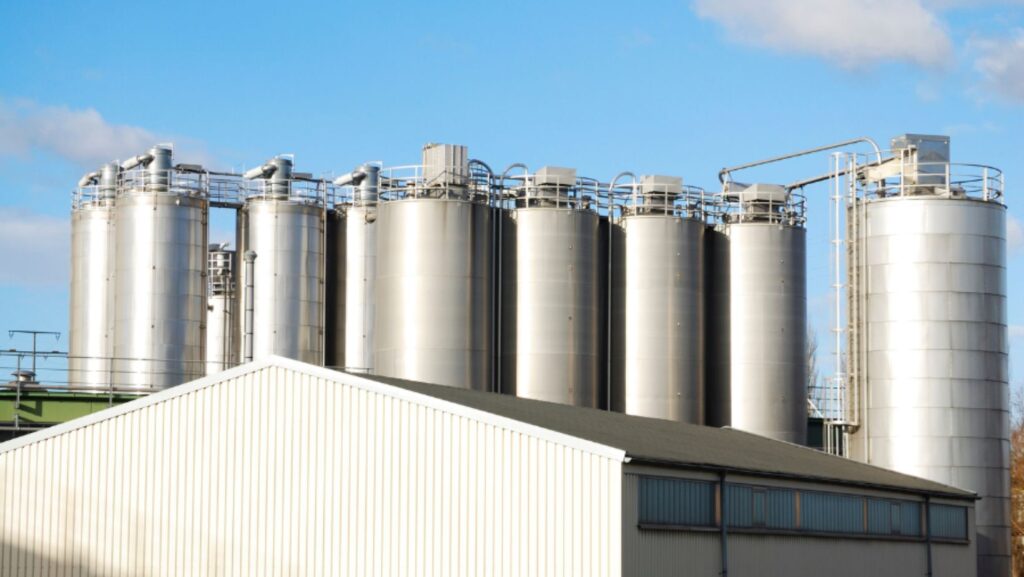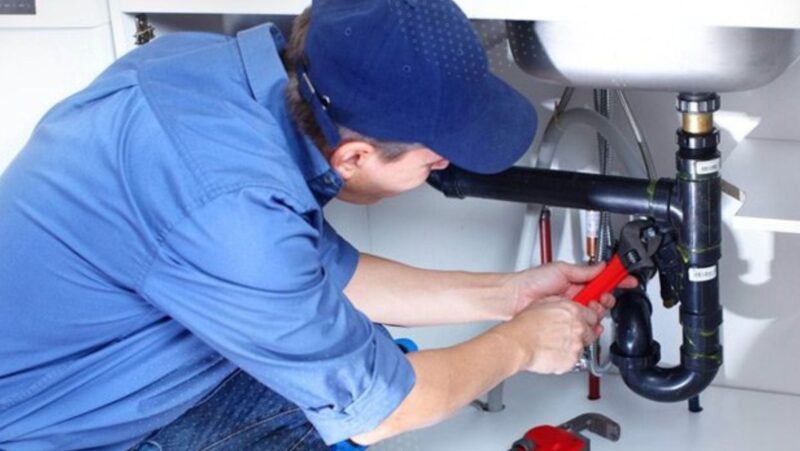
Choosing a dependable steel tanks manufacturer is a decision that can significantly impact the efficiency, longevity, and safety of your operation. Whether you’re installing tanks for water storage on a farm in Yorkshire or fuel containment at an industrial site in the Midlands, the manufacturer you select will shape the quality of the final installation.
A reliable supplier should not only deliver a robust product but also offer guidance from the planning phase through to delivery. Poorly designed or constructed tanks can result in downtime, repair costs and even environmental issues—so it’s essential to start with a partner you trust.
Proven experience in relevant sectors
While many companies claim to offer comprehensive solutions, it’s wise to choose a manufacturer with real-world experience in your specific industry. The requirements of a fuel storage facility differ greatly from those of a rainwater harvesting system or an agricultural slurry tank. A knowledgeable steel tanks manufacturer will understand the demands of different applications and propose practical solutions that have already been tested in the field. Their team should be able to highlight previous projects, explain how they addressed similar challenges, and adapt those insights to your needs. This is particularly valuable in the UK, where weather and site conditions often require custom-built solutions.
Material quality and fabrication techniques
Not all steel tanks are created equal. The quality of the raw materials and the care taken during fabrication have a direct influence on the durability and safety of the final product. A reputable manufacturer will be open about the grades of steel they use and the fabrication methods they rely on—such as welding precision, surface treatment and protective finishes. For British weather conditions, corrosion resistance is especially important. Depending on where the tank will be located—coastal areas, exposed farmland or industrial zones—the finish might differ, and your supplier should advise accordingly. Customisation also plays a role: whether you require additional outlets, ladders, access hatches or insulation, the manufacturer should be equipped to deliver.
Delivery, installation, and site awareness
Manufacturing the tank is only part of the process. How it is transported, delivered and installed can make or break a project. In the UK, access to sites is often limited by narrow lanes, tight urban streets or remote rural locations. A skilled steel tanks manufacturer will account for these challenges early on. They should offer site surveys, provide clear installation timelines and coordinate with other contractors if needed. Additionally, the ability to fabricate modular or sectional tanks can be a major advantage where access is difficult. A good supplier ensures that installation is not only efficient, but also minimally disruptive to existing operations.
Ongoing support and maintenance options
Beyond the initial installation, the long-term performance of your tank will depend on proper upkeep. An experienced manufacturer should offer maintenance guidance or even formal support services to keep your system running at peak condition. This may include tank cleaning recommendations, advice on seasonal use, or tips on identifying early signs of wear or damage.
It’s also worth discussing potential future requirements—such as capacity expansion or site relocation—at the outset. A manufacturer who takes the time to understand your operational goals will be better placed to provide lasting solutions that adapt to your evolving needs.
Building a working relationship based on trust
Working with a steel tanks manufacturer shouldn’t feel like a transaction—it should feel like a partnership. From the first enquiry to long after the tank is installed, the supplier should be responsive, straightforward, and proactive. Clear communication, honest lead times and practical recommendations are all good indicators of a reliable working relationship. Look for companies that are willing to visit your site, understand your specific requirements, and tailor their approach rather than offer generic solutions. A manufacturer who listens, advises and delivers on their promises is not only easier to work with but far more likely to contribute to the long-term success of your project.












